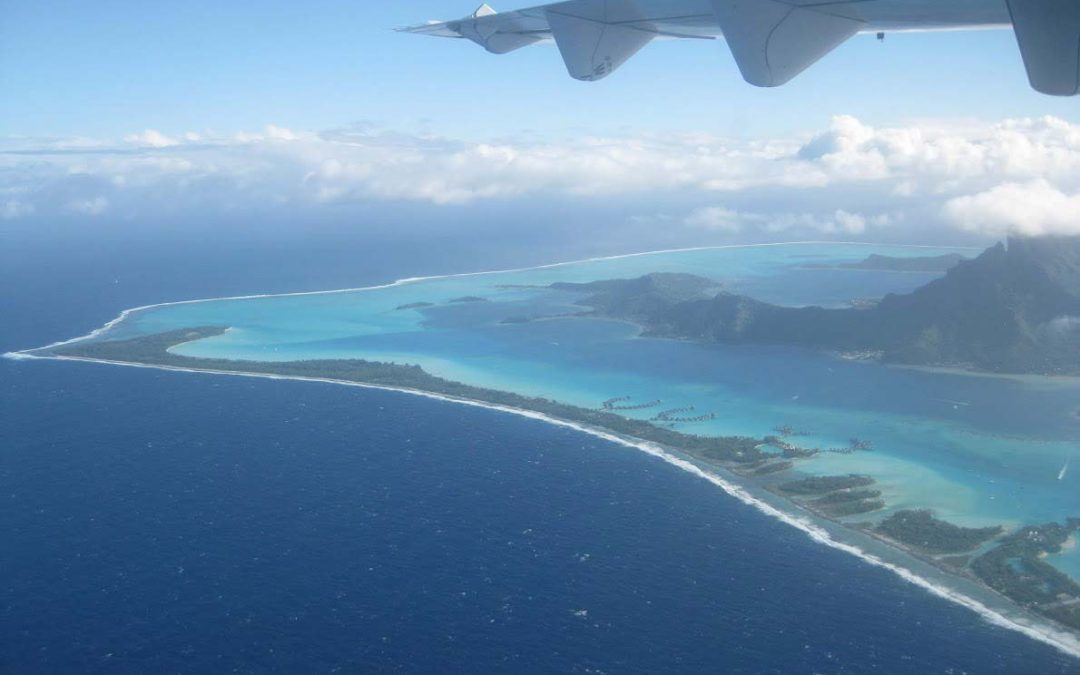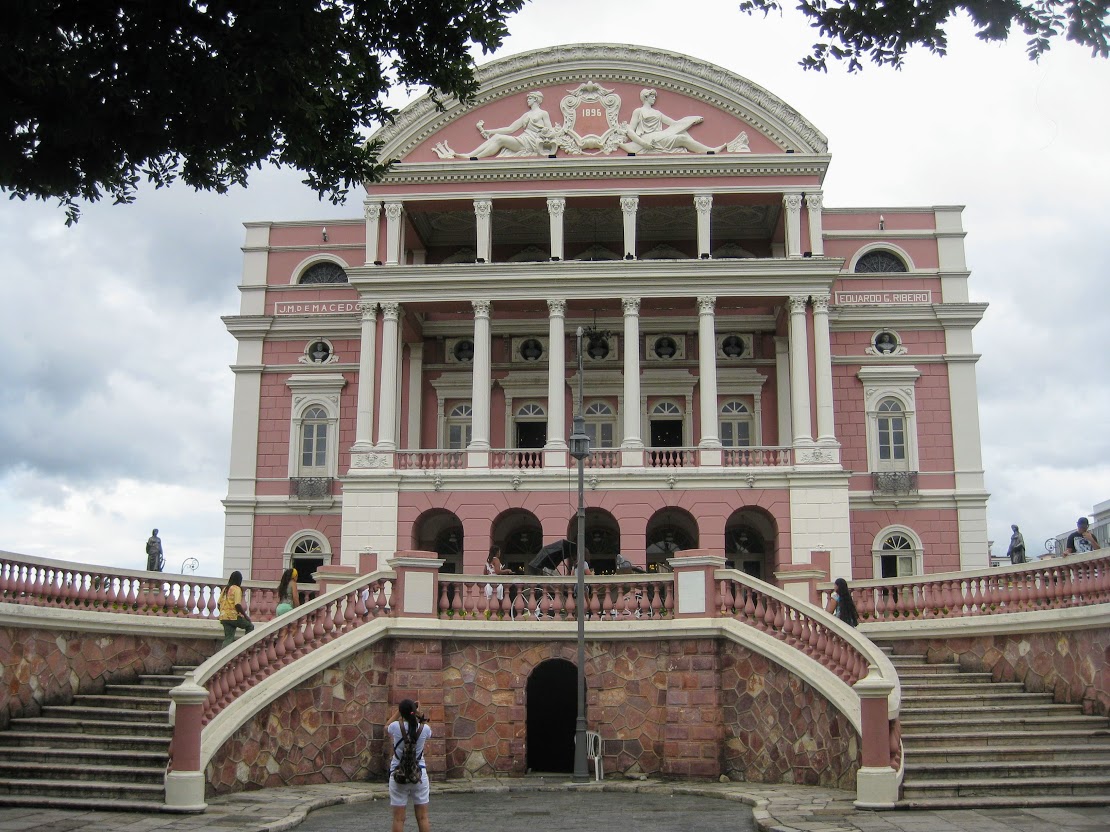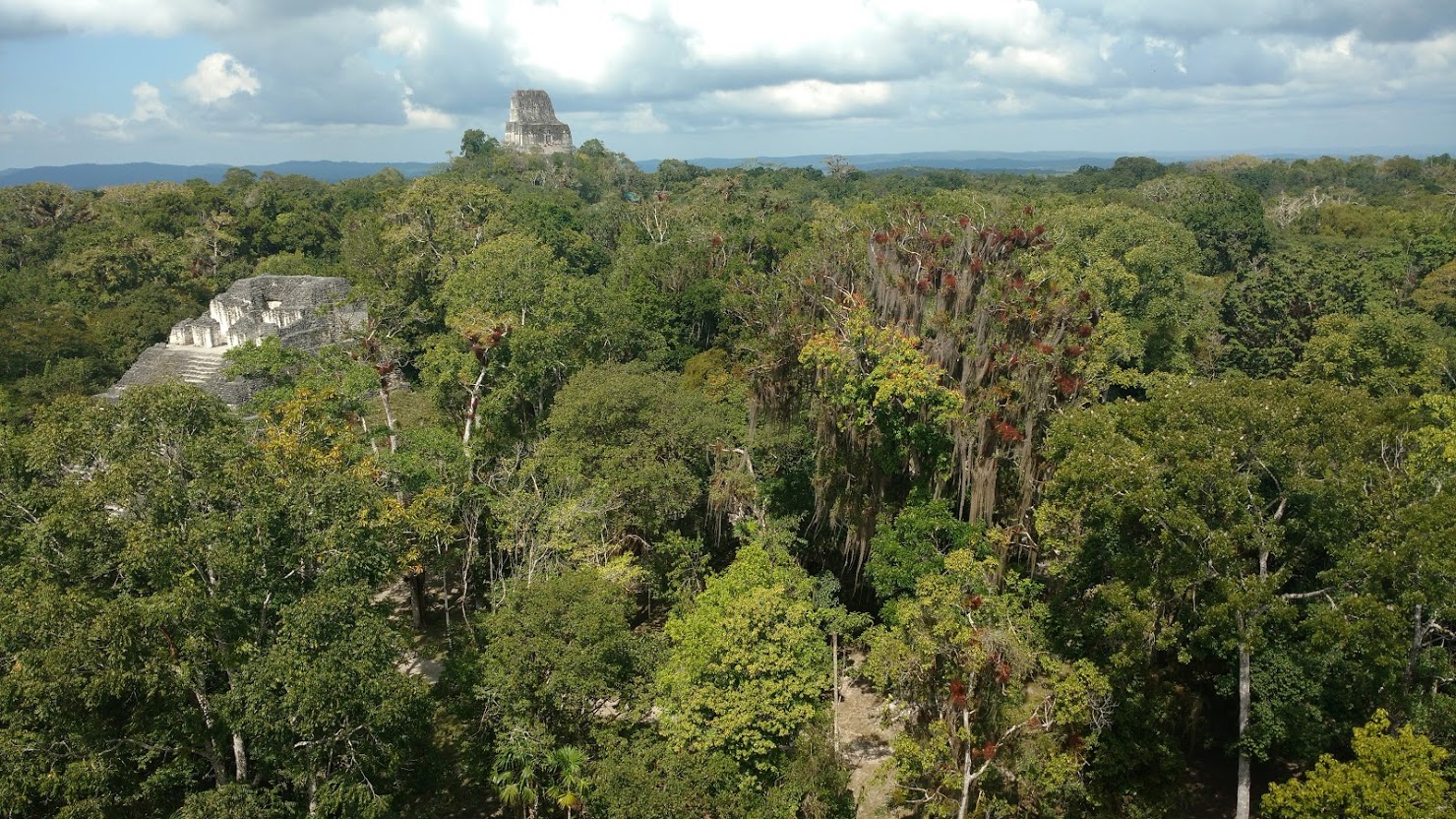Our planet has always spun on the concept of travelling from one place to another. From nomadic prehistoric man packing a woolly mammoth-skin suitcase to more recent exploration, travellers have changed countries and lives, for better or worse. But travellers by choice – tourists – are facing more backlash post-COVID and post-environmental awareness then they ever have before. There’s the environmental side: planes/ships/cars belch carbon emissions, tourists leave tonnes of litter, plastic straws kill wildlife, resorts clear jungles. There’s the Ugh! Humans! side: one more tourist holding up the Leaning Tower of Pisa, one more tourist illegally swimming with manatees, one more drunken tourist peeing over the edge of the Grand Canyon. And there’s the cultural side: do those Polynesian dancers benefit or suffer from what some will call a cultural event designed to educate and some a circus designed to belittle. All the Hot Places to be seen are now the Not Places to be seen, unless you want the ‘name and shame’ brigade on your tail as you Uber to the party on the beach.
As 2021 opens the start gates for travel, we add COVID concerns to the mix, the fear of being ‘that person’ who potentially brings a resort, or even an entire country, to a screeching halt. This is not the first pandemic, but let’s face it, there weren’t nearly as many tourists during the Spanish Flu outbreak. I doubt many soldiers shipping out for the battle fronts of WWI thought of themselves as travellers for pleasure. Arrogantly, many developed nations have considered modern pandemics the scourge of ‘other places’. Not London, surely? Not NYC, surely? Not Singapore or Tokyo, surely? Yet, here we are.
So, where do we go from here? How do we David Attenborough and Greta Thunberg and WHO our way to justifying leaving home turf to travel? Greater minds than mine provide complex calculations for and against. All I can add are a few personal anecdotes. And that’s all they are. Personal. Each one of us must draw our own line in the sand. Each one of us must decide whether dumping our rubbish on a beach is beneath us as human carers of Planet Earth. Each one of us must decide if we need our hotel towels and sheets washed before the end of our stay. (We wouldn’t wash them that frequently at home, after all.) I have never left a piece of litter behind. I always hang up my hotel towels to signify no new ones needed. I don’t use straws, even if the occasional lump of ice in a pina colada splashes up my nose. Is this enough? Can I travel, guiltless, for pleasure?
I have three thoughts on this. The first: does our behaviour during the forty-nine or fifty weeks of the year we DON’T travel make up for the two or three weeks we do? Can we make the case that what we do daily in our own homes has more impact on the planet than a few days or weeks away? If we aren’t recycling, if we are wasting food, walking around our overheated winter homes in a tee-shirt, driving when we could walk, buying every food item wrapped in plastic, eating strawberries from Morocco in January, ordering one item online each day, the delivery van rolling up to our door hourly, we are the problem. Are we fly-tipping when we remodel the bathroom because we’re tired of the colour of the tile? Buying knickknacks from all over the world, only to dump them back home during a decluttering binge? Our daily deeds are overwhelmingly negative for global welfare. We must do better at home if we hate those images of plastic oceans washing up on beautiful Thai beaches. That has little to do with whether we travel or not.
My second thought concerns the benefits of broadened travel experiences. I witnessed life ‘behind the iron curtain’ in Romania as a teenager. I could compare the lives of Romanian teenagers with my own and be grateful for what I had. I could relate stories as we learned about communism in school, putting forward the positive side shared by residents (when they were allowed to talk to us, that is). When the Romanian area I’d visited was hit by a devastating earthquake days after I left, I could collect coats and shoes for faces and conversations, for bus drivers and waiters, for school children I’d smiled at, not just for ‘those impacted by the earthquake’. I cared more because I’d been there.
I saw the poverty and beauty of Central America. Always an animal lover, I may have been guilty of chastising those owners you see in the charity ads on TV. You know the ones: their horses and dogs with their ribs sticking out and carrying heavy loads. Once you’ve witnessed first-hand that the adults and children are also thin and living in incredibly harsh conditions – and carrying heavy loads – you realise you can’t ask people to feed their animals better than they feed themselves. If you had to chose between feeding your dog and feeding your child, what would you do? I had to soften my approach to what I’d considered black and white issues prior to travel. (The ads are still upsetting, by the way.)
I’ve spent time in central coast California, seeing the hardships some of those isolated communities have experienced due to devastating Highway 1 landslides. I’ve worked with high-poverty populations in parts of the United States of America you’d never consider in the same sentence as third-world countries. Trust me. They belong in that sentence.
I was in Manaus, Brazil, a couple of years ago, a city surrounded by thousands of miles of Amazon rainforest. Manaus is now known as the centre of the Brazilian strain of COVID. That’s all Manaus is to many. To me, it’s friendly people and children in need of pencils. It’s the dichotomy between the beautiful opera house and the rundown housing minutes away. It’s the market stall holders selling fruit from their gardens and the indigenous villages on the banks of the Rio Nigro. I experienced the Amazon River in the pitch dark from a small skiff, surrounded by primordial sounds and stars so bright I reached out to touch them. Protecting the rainforest became personal in a way it never could from my seat on the couch watching a National Geographic special. Travel influences my decisions on a daily basis.
My third thought is this: What happens if we don’t travel? What about that Uber driver, that waiter, that souvenir seller, that B and B owner, that tour guide, that cruise ship entertainer? What about the economic devastation of non-travel? What does this do to cultures near and far? Will we Brits visit our own rural museums, our castle down the road? Will every Italian visit Rome, every Greek visit Athens, every Chinese visit the Forbidden city, every Brazilian visit the villages of the Amazon River? Will we appreciate our own heritage enough to preserve it? Will we all, in our own countries, purchase enough memorabilia/hotel stays/restaurant meals over and over again, year after year, to bring in enough funding to protect and preserve our own history and culture? Do we need foreign travellers to help with that? And, more importantly, will we see faces and conversations as we watch a natural, or manmade, disaster occurring somewhere in the world? Will we help as much if we’re not connected in some way to that place?
Another thought: will more of us get the vaccine if it’s required to travel? Does that somewhat selfish viewpoint lead to better global protection?
I’ve been fortunate to experience some remarkable sights around the world: the Mayan ruins of Tikal in Guatemala, butterfly breeding programs in Belize, eco-hiking in New Zealand, swimming with pink dolphins in the Amazon, to name a few. And I won’t lie, I’ve really enjoyed luxury hotels and cruises: the extraordinary St. Regis resort in Bora Bora comes to mind, and the Viking Jupiter, a stunning cruise ship that transported me around the coast of South America to see glaciers and whales and penguin colonies and volcanoes. I was actually running through Buenos Aires Airport almost exactly a year ago, trying to get back into the US before they closed the borders to South America at the beginning of this COVID adventure. I wouldn’t trade a single experience. (Well, maybe the food poisoning in Nicaragua.) I wouldn’t want to spend my hard-earned money any other way than in exploring and storing parts of this remarkable world in my heart.
There are so many countries I haven’t experienced yet. So many places I don’t yet understand or appreciate for what they can teach me. Do I stop travelling now? Or do I find more ways to tread lightly as I gather and share knowledge? Am I being too simplistic here? I don’t know. Can I do more to protect and preserve? Yes. But I’m not sure yet that doing more means travelling less. It does mean thinking more about how I get there and how I behave once there, wherever ‘there’ is. It does mean I leave something positive about me there in return for taking the smiles and knowledge back home. If the beach litter is me and the wasted hotel food is me and the overuse of resources is me, then the places I go are better off if I stay home. If the wonder is me, the appreciation is me, the knowledge is me, the environmental consideration is me, the economic input is me, I should go. Yes? No? Maybe?
One of my favourite quotes comes from Mark Twain: “Travel is fatal to prejudice, bigotry, and narrow-mindedness, and many of our people need it sorely on these accounts. Broad, wholesome, charitable views of men and things cannot be acquired by vegetating in one little corner of the earth all one’s lifetime.” I believe this. So when the skies open again, will I be there? Should I be there? What happens if I’m not there?
I’m working on unravelling the complexities of ethical travel. I’d love to hear what you think. All I know for certain is I’m taking a good, long look at my daily life to see how I impact health, communities, and environments. Let’s start there. Then we can progress to holidays.
Images: author’s own





Just to let you know I am following your every move here in New Glarus., Especially liked this observation on travel. Hoping one day to follow your example and return home to England , even if only for a visit when it is safe.
How lovely to hear from you. I wondered if you got back to England. I wish you safe and happy travels once the world steadies itself. Give my best to New Glarus. Take care! x